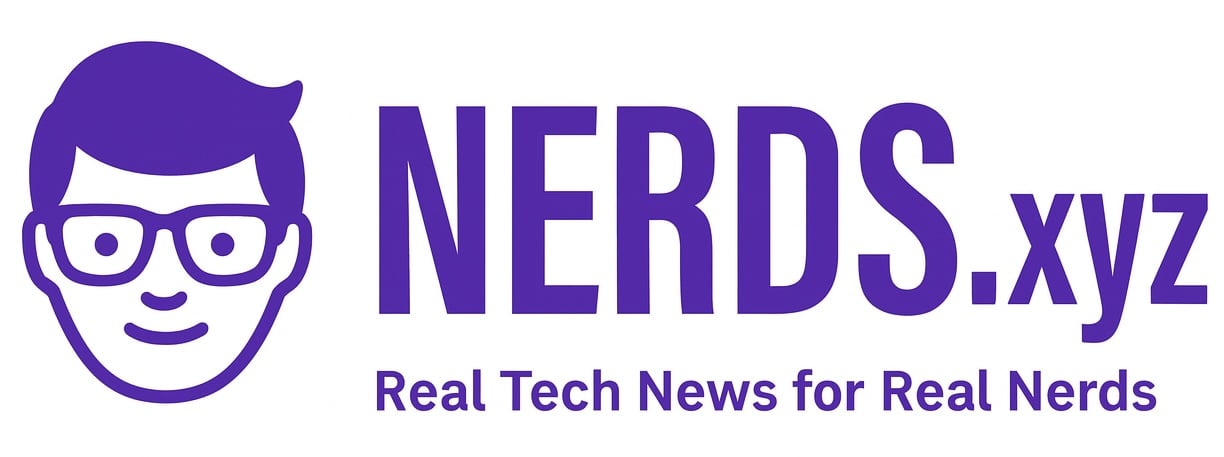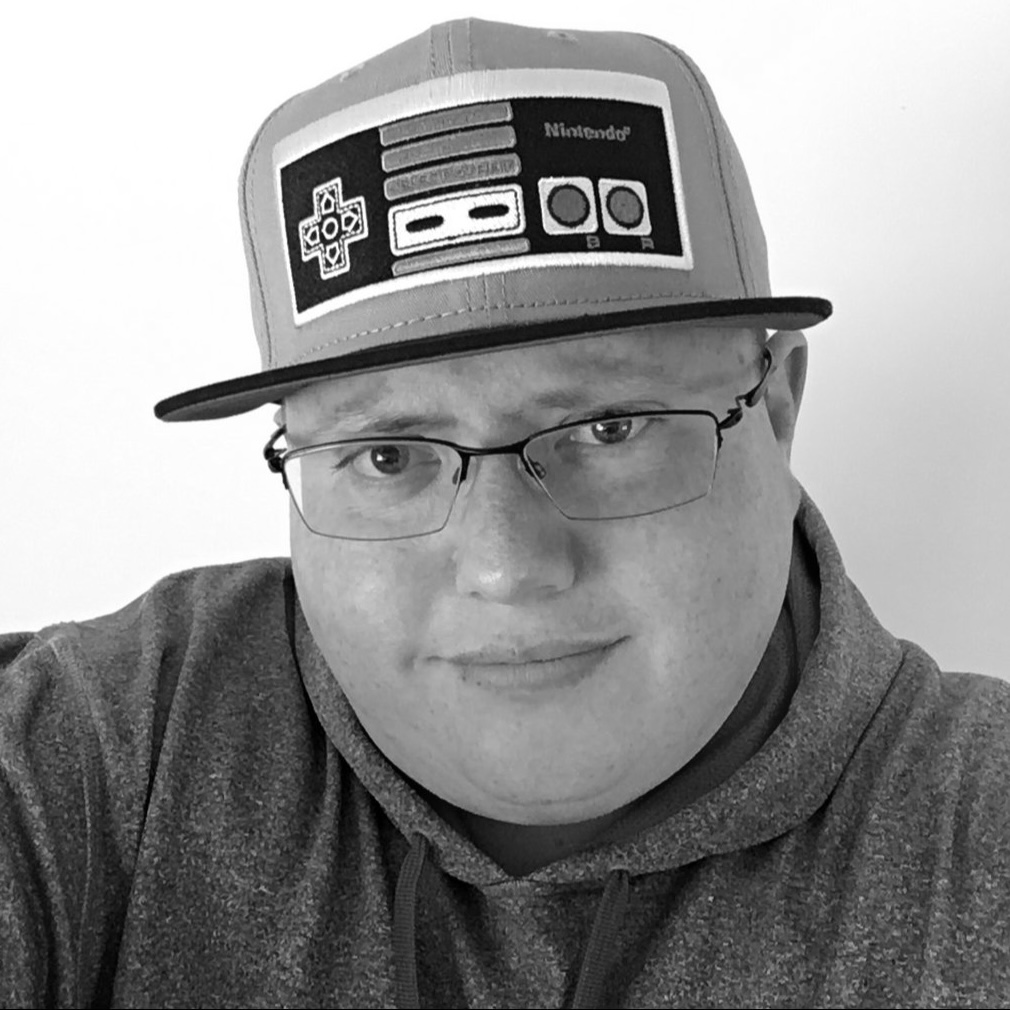
A new report reveals that Americans are increasingly turning to AI for emotional support, and not necessarily by choice. You see, with the cost of therapy rising and access to licensed professionals limited in many parts of the country, artificial intelligence is stepping in to fill the void.
According to a new study from Ubie Health, states like California, Texas, and New York are leading the charge in using AI companions. Tools like ChatGPT and other AI-powered apps are being used to cope with stress, anxiety, and loneliness. While that might sound like a tech-forward evolution of mental health care, the data tells a more uncomfortable story.
California ranks first in the United States for interest in AI companionship, with nearly 452,000 monthly searches for “ChatGPT” and 396 searches per 100,000 residents for “AI companion.” That is despite the state having one of the highest numbers of licensed psychologists. So why are Californians avoiding traditional therapy?
Sadly, it largely comes down to access and affordability. Therapy in California costs between $90 and $135 per session, and only 11.99 percent of adults with mental illness there actually use mental health services. The problem isn’t awareness. It’s economics.
Texas ranks second in the report, but with a very different healthcare landscape. The Lone Star State has less than half the number of psychologists compared to California and the lowest usage of mental health services in the country at just 11.74 percent. Yet Texans still log 442 monthly searches for “AI companion” per 100,000 residents. That suggests digital support is being used as a workaround rather than a preference.
New York places third, with the highest volume of ChatGPT searches overall, nearly 494,000 per month. The state leads in the number of licensed psychologists and has a slightly higher therapy usage rate of 14.55 percent. But therapy costs remain steep, ranging from $90 to $134 per session.
The study calculated a composite score using six data points, including therapy costs, psychologist availability, mental illness rates, and AI-related search interest. The resulting top ten list highlights a troubling national trend. The higher the barriers to care, the more people turn to AI.
Washington, Utah, and New Jersey all show similar patterns. In Utah, 29.19 percent of adults report mental illness, the highest among the top ten. Only 19.46 percent receive treatment. Louisiana logs the highest number of searches for AI companionship, despite having just 13.2 psychologists per 100,000 residents.
The underlying issue isn’t just about technological optimism. People are frustratingly stuck. AI isn’t replacing therapy because it is better. It is replacing therapy because, for many, it is all that is available.
Mental health parity laws were supposed to guarantee equal insurance coverage for mental and physical healthcare. However, enforcement has been weakened. The Trump administration paused key regulations, leaving millions of Americans navigating emotional distress without affordable or accessible help.
Kota Kubo, CEO of Ubie Health, put it bluntly: “People are increasingly using AI companions to fill emotional support gaps, especially where therapy is expensive or harder to access.”
That might sound like a win for technology. But when the alternative is a broken system, it is not really a choice.
As AI tools become more humanlike and easier to access, they may become a permanent fixture in emotional support. That is true even if they were never meant to replace professional care. While some users may find comfort in digital empathy, the growing reliance on these tools raises big questions about privacy, ethics, and what society is willing to accept as “good enough” when it comes to mental health.

